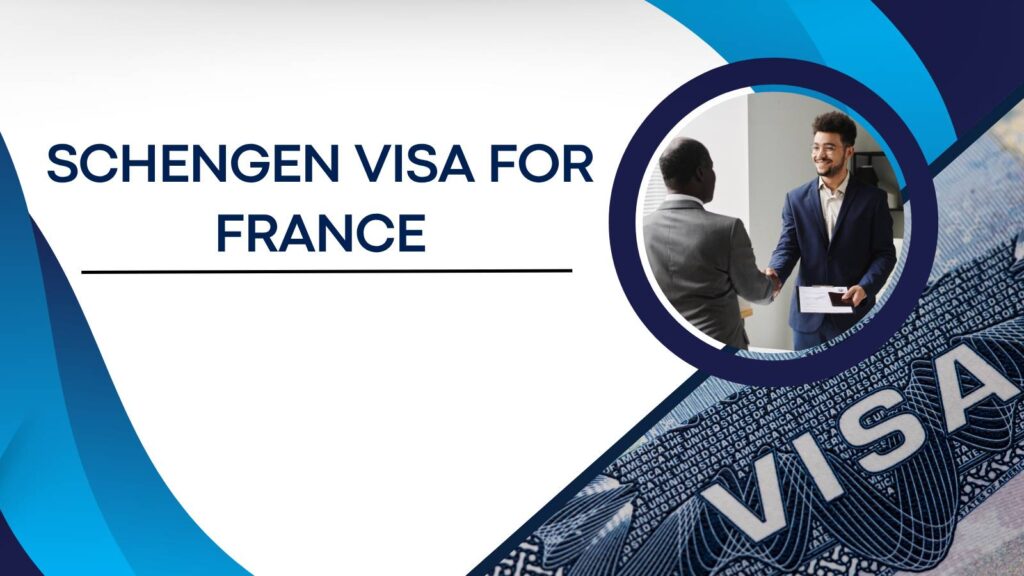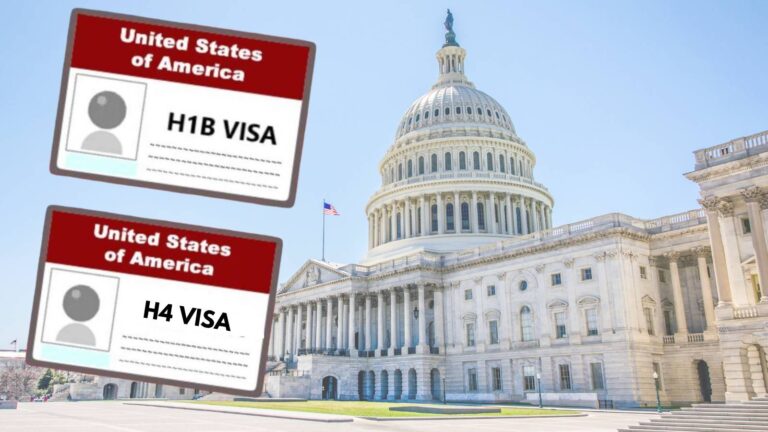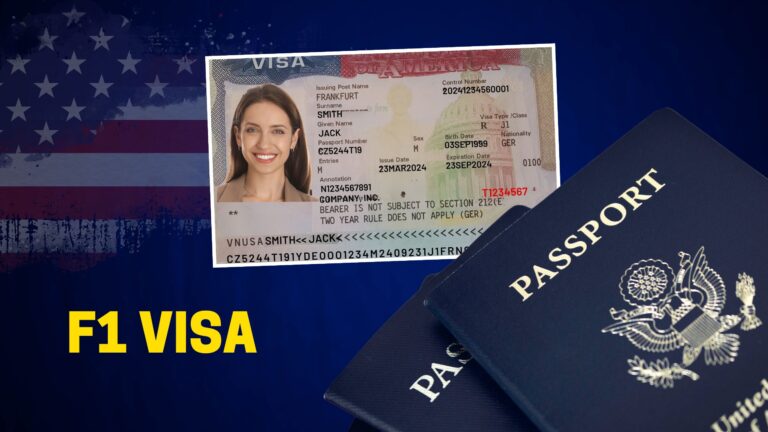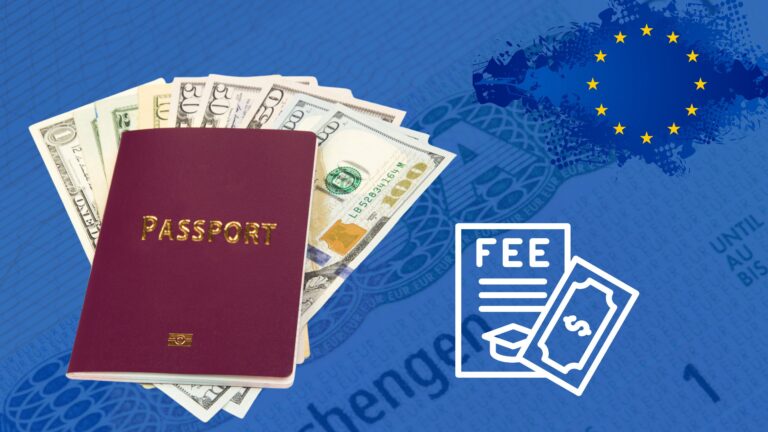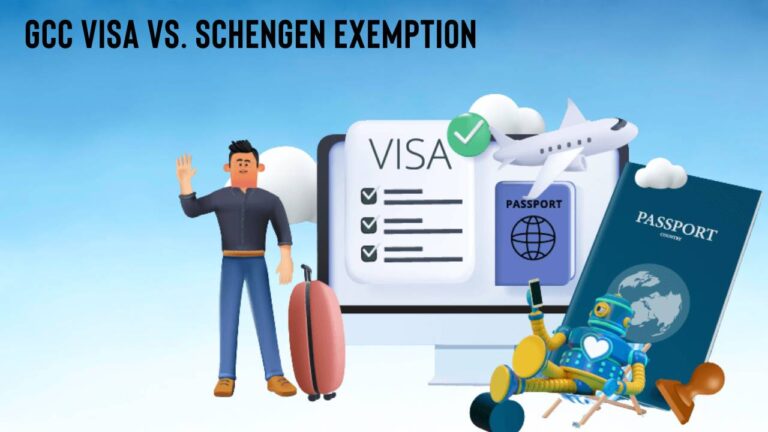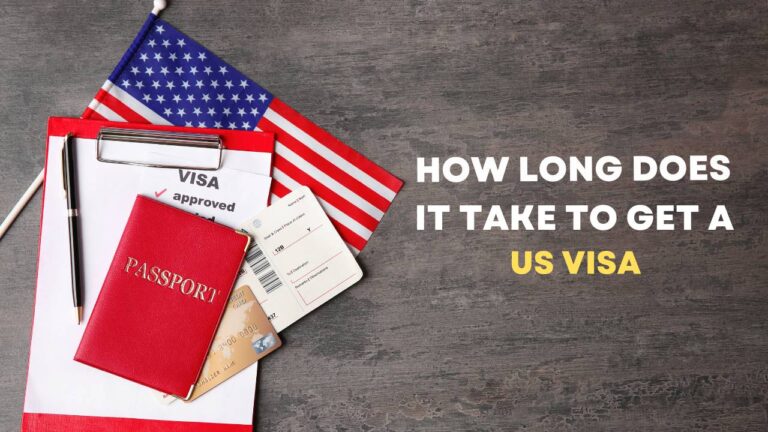France has long been one of the top destinations in the world, admired for its timeless cities, historical landmarks, artistic heritage, and culinary excellence. From the romantic streets of Paris to the scenic beauty of the French Riviera, there’s no shortage of reasons why millions visit this beautiful country each year. If you’re a non-EU citizen planning to travel to France, there’s one essential document you may need in advance: the Schengen visa for France.
France VFS Appointment Not Available? Here’s How to Get One in 3 Days
This visa doesn’t just grant you access to France, but also opens the door to 26 other European countries within the Schengen Area. For many travelers, this is a game-changer, allowing seamless movement across borders without additional checks. But before you can take advantage of this convenience, it’s important to understand who needs the visa, how much it costs, how long it takes to get, and the exact application steps involved.
What Is a Schengen Visa for France?
The Schengen visa for France is a short-stay visa that allows citizens from non-Schengen countries to travel within the Schengen Area for up to 90 days within any 180-day period. France, being one of the founding members of the Schengen Agreement, follows a common visa policy alongside 26 other European countries.
This visa is designed for short visits, meaning you cannot use it for long-term stays, employment, or residency. It is typically used for tourism, business trips, family visits, cultural or sports events, short-term studies, or medical treatment.
Depending on your travel needs and frequency, the French authorities may grant different types of Schengen visas:
- Single-entry visa, which allows you to enter the Schengen Zone only once for a set period. If you leave before your visa expires, you cannot re-enter.
- Double-entry visa, which permits two entries within the validity period. This is suitable for travelers who plan to return to their home country and then re-enter France or another Schengen state shortly afterward.
- Multiple-entry visa, which provides the most flexibility by allowing numerous entries and exits. Depending on your travel history, you may receive a visa valid for 6 months, 1 year, 3 years, or even 5 years — but your stay must still not exceed 90 days in any 180-day window.
Who Needs a Schengen Visa to Enter France?
The requirement to obtain a Schengen visa for France depends entirely on your nationality. Citizens of some countries are exempt from needing a visa, while others must apply in advance even for short stays.
Travelers Who Must Obtain a Visa
If you are from a country that does not have a visa-free agreement with the Schengen Zone, you are required to apply for a visa before traveling. This includes travelers from:
- India
- China
- Nigeria
- Pakistan
- Philippines
- Ghana
- Egypt
- Bangladesh
- Indonesia
- Kenya
These travelers must go through the full visa application process, including documentation, interviews, and fees, regardless of the purpose or length of their trip — as long as it doesn’t exceed 90 days.
Visa-Exempt Travelers
Nationals from many countries enjoy visa-free access to France for up to 90 days. These include countries like:
- United States
- Canada
- United Kingdom (for short stays only)
- Australia
- New Zealand
- Japan
- South Korea
- Brazil
It is essential to note that by mid-2025, these travelers will need to register with the ETIAS (European Travel Information and Authorization System). This is not a visa but a mandatory electronic authorization that must be obtained online before entry. It will apply to travelers from all visa-exempt countries and is intended to enhance border security and monitor visitor entries.
How to Apply for a Schengen Visa for France
Applying for a Schengen visa for France can be a smooth process if you follow the correct steps, provide accurate documentation, and apply within the recommended timeframe. Here’s a comprehensive breakdown of how to apply effectively:
1. Determine the Purpose of Your Travel and Visa Type
Start by identifying the correct visa type based on your purpose of visit. If you are visiting for tourism, a business trip, family visit, or any non-permanent reason under 90 days, you will apply for a short-stay visa (Type C). If your visit is for more than 90 days (such as long-term studies, work, or residency), then a national visa (Type D) is required — not a Schengen visa.
2. Prepare the Required Documents
Need to gather several essential documents, and every single one must be accurate, recent, and, where necessary, translated into French or English. These include:
- A completed and signed Schengen visa application form.
- A valid passport (must be issued within the last 10 years, valid at least 3 months beyond your return date, and have at least 2 blank pages).
- Two passport-size photos that meet Schengen photo standards (white background, recent, neutral expression).
- A cover letter explaining your purpose of visit, your itinerary, duration of stay, and ties to your home country.
- A detailed travel itinerary, including round-trip flight reservations.
- Proof of accommodation, such as hotel bookings or a host invitation letter with address and ID.
- Travel medical insurance with a minimum coverage of €30,000 valid in all Schengen countries.
- Proof of financial means, such as bank statements for the past three months, income proof, or sponsorship letter.
- Employment or education documents, like leave approval from your employer or enrollment certificate from your institution.
- Visa fee payment receipt, if prepayment is required.
3. Book an Appointment with the Visa Application Center
Once your documents are ready, you must schedule an appointment with the French Consulate, Embassy, or an authorized visa application center (such as VFS Global or TLScontact), depending on your country of residence. Appointments often fill up quickly, especially during peak travel seasons, so it’s best to book at least a month in advance.
4. Attend the Appointment and Submit Biometric Data
At the appointment, you will submit your application and documents, provide biometric data (fingerprints and a digital photograph), and possibly attend a short interview. During the interview, be honest and confident when answering questions about your travel plans and return intentions. Ensure that all documents are neatly organized and clearly labeled.
5. Track Your Application and Wait for the Outcome
After submission, your application will be sent to the relevant French authorities for review. You will receive a tracking ID to monitor the status of your visa online. The outcome — approval or rejection — will be communicated via email, SMS, or by collecting your passport from the center.
How Long Does It Take to Get a Schengen Visa for France?
Under normal circumstances, the standard processing time for a Schengen visa for France is 15 calendar days from the date of application submission. This timeframe can be extended under specific conditions:
- During peak seasons (summer or holidays), processing may take up to 30 days.
- If your application needs additional verification, the processing time can be extended up to 60 days.
- Travelers from certain countries may be subjected to more detailed scrutiny, leading to longer wait times.
It is strongly recommended to apply no later than 15 days before your travel date and no earlier than 6 months before departure.
How Much Does a Schengen Visa for France Cost?
The application fee for a Schengen visa for France is currently:
- €80 for adults
- €40 for children aged 6 to 12
- Free for children under 6 years
If you’re applying through a third-party provider like VFS Global or TLScontact, you may need to pay an additional service fee, which generally ranges from €20 to €40, depending on the location.
Who Can Get Fee Reductions or Exemptions?
Some travelers are eligible for reduced fees or complete exemptions. These include:
- Children under 6 years old
- Students and accompanying teachers on academic trips
- Researchers traveling for scientific research purposes
- Family members of EU/EEA citizens, if traveling together or meeting the criteria for family reunion
Please note that visa fees are non-refundable, even in the case of rejection.
How Long Is the Schengen Visa for France Valid?
Validity of your Schengen visa will depend on the decision of the visa officer and the nature of your application. Most first-time applicants are granted a visa valid only for the specific dates of travel, while frequent travelers with strong travel history may receive multiple-entry visas valid for 6 months to 5 years.
Regardless of validity, the 90/180-day rule applies. This means you cannot stay in the Schengen Area for more than 90 days within any 180-day period.
If you need to stay longer — for education, work, or family reunification — you must apply for a national visa or residence permit through the appropriate French authority.
Tips to Ensure a Successful Visa Application
The chances of getting your Schengen visa for France approved can be significantly increased by following these practical tips:
- Apply early, preferably 4–6 weeks before your travel date.
- Ensure all documents are accurate, complete, and professionally presented.
- Include strong proof of return, such as a job contract, school enrollment letter, or property ownership.
- Demonstrate sufficient financial means, especially if you are self-funded.
- Avoid booking non-refundable tickets until your visa is approved.
- Be honest and confident during your interview, and avoid contradicting your written documents.
With proper preparation and timely application, your journey through France and the Schengen Zone can be both legal and unforgettable.
FAQs
1. Who needs a Schengen visa to travel to France?
Any traveler who is a citizen of a country that does not have a visa-free agreement with the Schengen Area must obtain a Schengen visa before visiting France. This includes nationals from India, China, Nigeria, Pakistan, the Philippines, and many others.
Travelers from visa-exempt countries like the USA, Canada, Australia, and Japan can enter France for up to 90 days without a visa but must apply for ETIAS authorization starting in 2025.
2. What type of Schengen visa should I apply for if I want to visit France for tourism?
If your stay in France is for tourism purposes and will not exceed 90 days within a 180-day period, you should apply for a Type C short-stay Schengen visa. This visa is suitable for tourism, family visits, short-term business, or cultural events.
3. How long does it take to process a Schengen visa for France?
Typically, the processing time is around 15 calendar days from the day you submit your application. Depending on your nationality, the volume of applications, or if additional documents are needed, it may take up to 30 or even 60 days in rare cases. It’s recommended to apply at least 4–6 weeks before your planned travel date.
4. How much does a Schengen visa for France cost?
The current standard visa fee for a Schengen visa for France is €80 for adults and €40 for children aged 6 to 12. Children under 6 are exempt from the fee. Additional service charges may apply if applying through visa outsourcing agencies like VFS Global or TLScontact.
5. Can I visit other countries in Europe with a Schengen visa issued by France?
Yes, the Schengen visa for France allows you to travel freely within all 27 Schengen countries, including Germany, Italy, Spain, the Netherlands, and others. You must spend the majority of your stay in France or enter France as your first Schengen destination.
6. What documents do I need to submit for a French Schengen visa?
You must provide:
- A valid passport
- A completed visa application form
- Recent passport-sized photographs
- Proof of accommodation
- Travel insurance covering at least €30,000
- Flight reservations
- Proof of financial means (bank statements, salary slips)
- A cover letter explaining your purpose of travel
- Supporting documents like an invitation letter (if applicable)
7. What is the 90/180-day rule for the Schengen visa?
The 90/180-day rule means that you can stay in the Schengen Area for a maximum of 90 days within any 180-day rolling period. Overstaying this period can lead to penalties, bans on future entry, or visa rejection.
8. Can I extend my Schengen visa for France while in the country?
Schengen visa extensions are only granted in exceptional cases, such as serious illness, force majeure (e.g., natural disasters), or humanitarian reasons. You cannot extend the visa just to continue tourism or stay longer without strong justification. It’s always better to plan your travel within the permitted days.
9. What should I do if my Schengen visa for France is denied?
If your visa is denied, you have the right to appeal the decision. You will receive a written explanation outlining the reasons for rejection. You can either correct the issues and reapply or submit an appeal letter to the consulate or embassy that issued the denial.
10. Is travel insurance mandatory for the French Schengen visa?
Yes, travel insurance is mandatory when applying for a Schengen visa. It must:
- Cover a minimum of €30,000
- Be valid for all Schengen countries
- Include emergency medical treatment, hospitalization, and repatriation
Without valid insurance, your application will be automatically rejected.
